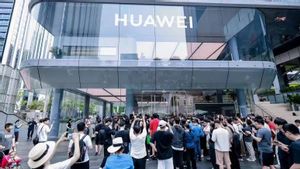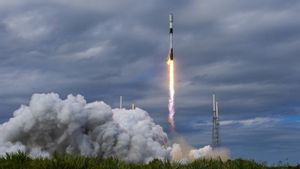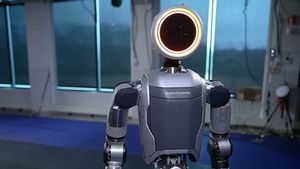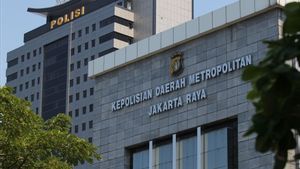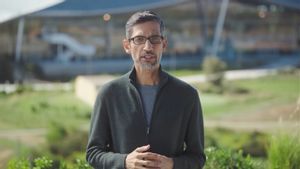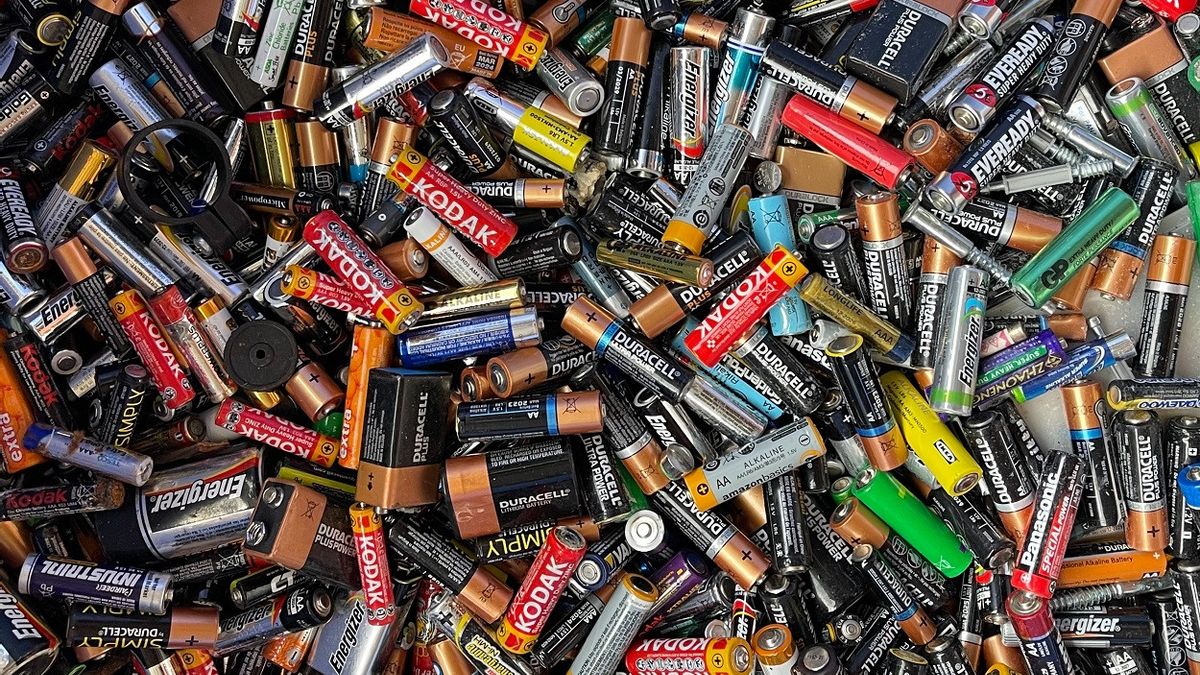
JAKARTA - Batteries are a confusing electronic waste because all this time, used batteries are just thrown away. That can cause pollution and the rest of the battery packaging is also not decomposed.
In Australia, there is now a recycling company that turns old batteries into fertilizer for crops. Understandably, so far 97 percent of batteries for household needs have never been recycled in the land of Kangaroo.
This is in contrast to Europe, where legislation requires shops selling batteries to ask customers to return them when they are used up. This means that the percentage recycled is much higher, compared to Australia.
For recycled batteries, most power plants use extreme heat to melt the metal in them for reuse. There is one problem, however, when other elements burned, they leave other elements, which have been mined from natural sources and cannot be used where they can be reused elsewhere.

Envirostream, this part of Lithium Australia wants to do something a little different. They want to recycle all kinds of batteries, turning them into something that has the power to help plants grow.
"Globally, battery disposal has become a big problem", said Lithium Australia Managing Director Adrian Griffin in a press release quoted by Euronews.
"Our plans to reuse active components from used cells are not only a significant step towards managing environmental problems around the world, but can also have a strong influence on the sustainability of single-use batteries", he explained.
Although some of the chemicals in the battery are toxic, this new method takes the micro-nutrients present in the battery and converts them into essential food for plants.
Zinc, which is in many batteries, helps plants make a chemical called chlorophyll. This is what makes plants green and without it, they cannot use sunlight to convert water and CO2 into energy.

A similar process has been undertaken by the Finnish company Tracegrow, which converts used batteries into products that enrich the soil for growing food crops. It is part of a circular economy plan that aims to minimize the exploitation of the planet's natural resources by using them as long as possible.
The battery is crushed first, then the filtration and purification process removes the toxic elements such as mercury and nickel. This is important so that this doesn't end up in the fertilizer as it can get into the food we eat so the final product testing is very strict.
Once removed, they are sent for safe disposal by a hazardous waste treatment plant, instead of being immersed in the ground as they would if the batteries were sent to landfills.
The trace elements are purified and safely reintroduced into nature as products for agriculture. So far, fertilizers have been used on tomatoes, cotton, and avocado with good results according to the company.
The English, Chinese, Japanese, Arabic, and French versions are automatically generated by the AI. So there may still be inaccuracies in translating, please always see Indonesian as our main language. (system supported by DigitalSiber.id)


